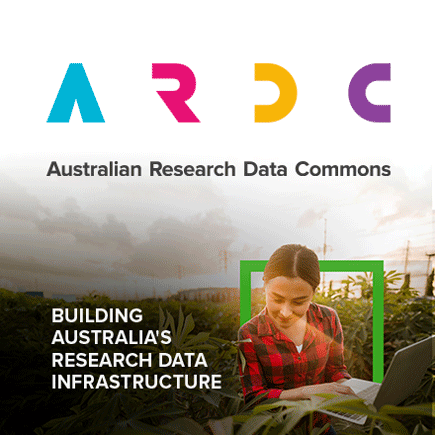Full description
This data collection is associated with the publication: Müller, R. D., Sdrolias, M., Gaina, C., Steinberger, B., & Heine, C. (2008). Long-term sea-level fluctuations driven by ocean basin dynamics. Science, 319(5868), 1357-1362. doi: 10.1126/science.1151540
Publication Abstract
We establish the locations and geometry of mid ocean ridges through time on the basis of marine magnetic anomaly identifications, geological information such as paleomagnetic data from terranes and microcontinents, especially in the Tethys Ocean, mid-oceanic ridge subduction events and the rules of plate tectonics. Based on a global set of tectonic plate rotations we construct a set of refined seafloor isochrons following the interpolation technique outlined by Müller et al. (1997; 2008) but including a multitude of additional data. Using a published age-depth relationship (GDH-1), we compute the depth-area distribution of the ocean basins. We choose GDH-1 for converting age to depth because this relationship is based on sediment-corrected depths without excluding data from hotspot swells and seamounts. Therefore GDH-1 provides a good average fit to sediment unloaded oceanic basement depths and is preferable for predicting the average oceanic basement depth through time, including thermally rejuvenated lithosphere, as compared to models that reflect ocean depth changes related to plate ageing through time only. Three additional factors play a significant role in controlling global ocean basin depth through time, namely the generation of oceanic large igneous provinces (LIPS), oceanic sedimentation (2) and changes in oceanic crustal area. We create a set of paleo-bathymetry maps by adding major oceanic plateaus and sediment thickness to our reconstructed basement depth maps. These maps allow us to compute oceanic crustal area and mean depth through time.
Authors and Institutions
R. Dietmar Müller - EarthByte Research Group, School of Geosciences, The University of Sydney, Australia. ORCID: 0000-0002-3334-5764
Maria Sdrolias (now Maria Seton) - EarthByte Research Group, School of Geosciences, The University of Sydney, Australia. ORCID: 0000-0001-8541-1367
Carmen Gaina - Center for Geodynamics, Geological Survey of Norway, Norway
Bernhard Steinberger - Center for Geodynamics, Geological Survey of Norway, Norway
Christian Heine - EarthByte Research Group, School of Geosciences, The University of Sydney, Australia
Overview of Resources Contained
This data collection includes a reconstruction of the global age-area and depth-area distribution of ocean floor since the Early Cretaceous (140 Ma), in 1 million year increments. Paleo-bathymetry since 140 Ma was also computed in 1 million year increments.
List of Resources
Note: For details on the files included in this data collection, see “Description_of_Resources.txt”.
Note: For information on file formats and what programs to use to interact with various file formats, see “File_Formats_and_Recommended_Programs.txt”.
- Raw XYZ data (.txt, total 30.04 GB)
- Gridded data (.nc, total 2.99 GB)
- Time-dependent images (.jpg, total 49 MB)
- Present-day maps (.jpg, .kmz, .tif, total 159.3 MB)
- Colour palette files (.cpt, total 16 KB)
For more information on this data collection, and links to other datasets from the EarthByte Research Group please visit EarthByte
For more information about using GPlates, including tutorials and a user manual please visit GPlates or EarthByte
Spatial Coverage And Location
text: Global
User Contributed Tags
Login to tag this record with meaningful keywords to make it easier to discover
- DOI : 10.4227/11/5587A8676BB31



